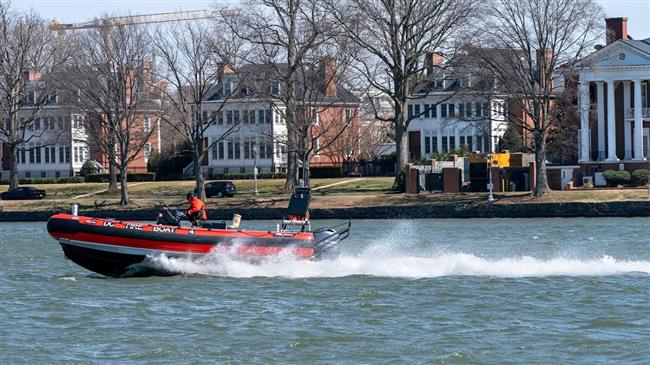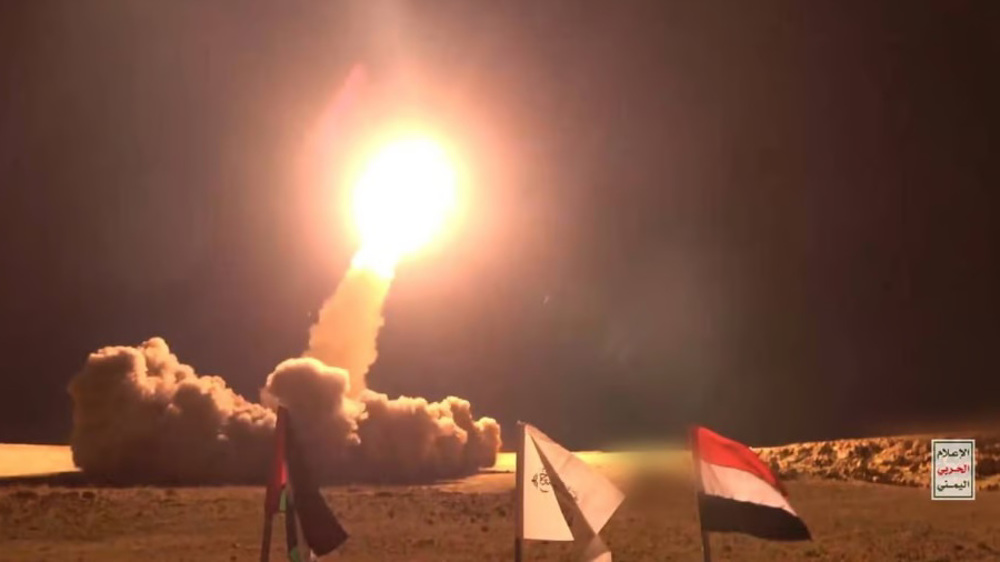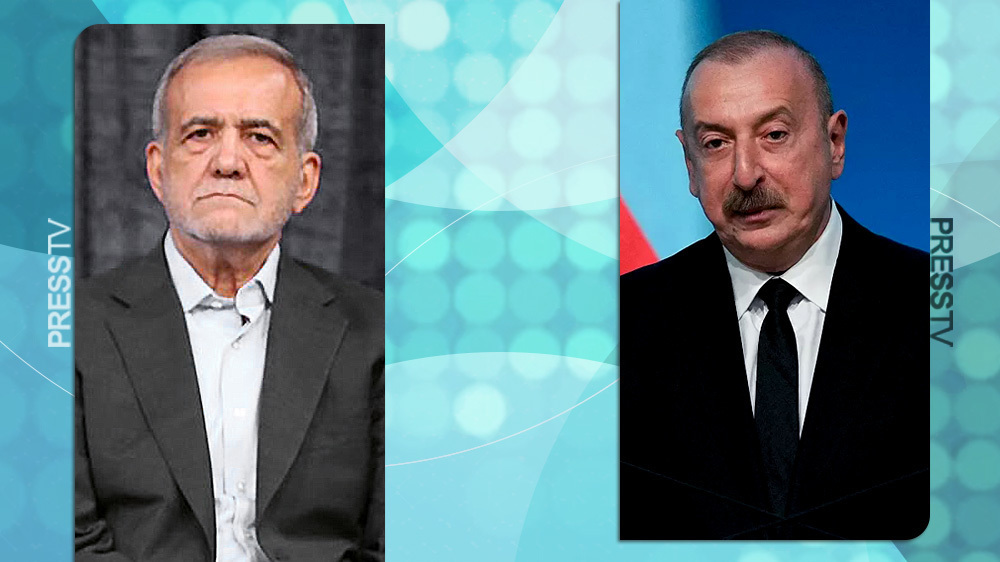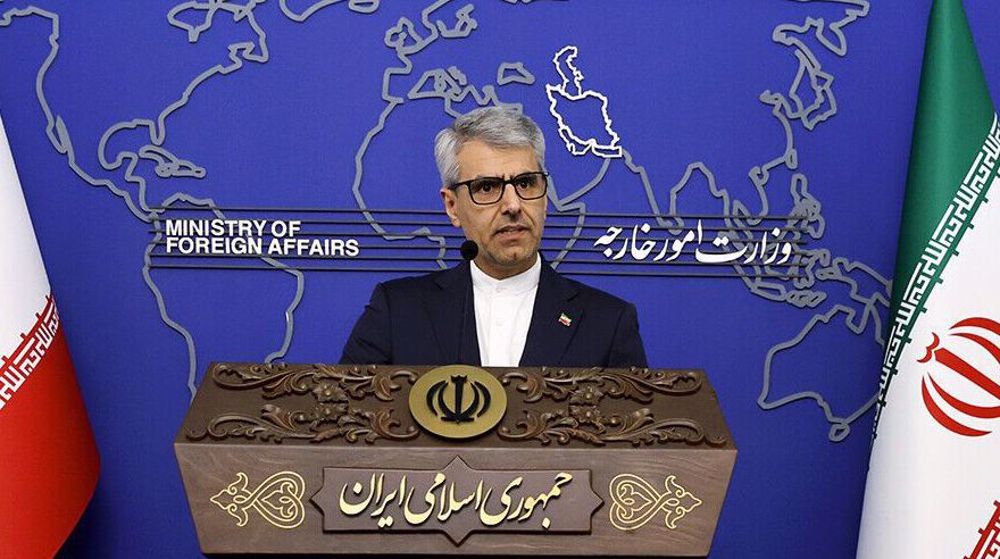AP: Iran planned to avenge Soleimani killing with attack on army post in Washington
Iran has made threats against Fort McNair, an army post in Washington, and against the US army’s vice chief of staff as part of its retaliation against the assassination of General Qassem Soleimani, the Associated Press reports.
Citing what it described as two senior US intelligence officials, the news agency said the National Security Agency had intercepted communications in January that showed Iran’s Islamic Revolution Guards Corps (IRGC) had drawn plans to mount “USS Cole-style attacks” against the post.
It was referring to the October 2000 attack in which a small boat pulled up alongside the US navy's guided-missile destroyer in the Yemeni port of Aden and exploded, killing 17 sailors.
According to the unnamed officials, NSA also allegedly exposed threats to kill General Joseph M. Martin and attempts to infiltrate and surveil Fort McNair.
The report said the intercepted discussion took place among members of the Quds Force of the IRGC and focused on potential military options in retaliation for last year's assassination of Iran's legendary anti-terror commander in Baghdad.
General Soleimani, the commander of the Quds Force and his Iraqi trenchmate Abu Mahdi al-Muhandis, the deputy head of the Popular Mobilization Units, were targeted along with their companions on January 3, 2020 in a drone strike authorized by former US president Donald Trump near Baghdad airport.
On January 8, 2020, the IRGC launched a missile attack on the US-run Ain al-Assad air base in Iraq’s western province of Anbar in retaliation. Washington kept secret the true number of casualties as well as the extent of material damage caused to the base, which was reported to be immense.
According to the Pentagon, more than 100 American forces suffered “traumatic brain injuries” during the counterstrike on the base.
Iran described the missile attack on Ain al-Assad air base as a “first slap” in its “harsh revenge.”
Meanwhile, Iraqi lawmakers approved a bill two days after the assassination, demanding the withdrawal of all foreign military forces led by the United States from the country.
The Associated Press report alleged that the Iranian threats are one reason why the US army has been pushing for heightened security around Fort McNair.
The army supposedly plans to add a buffer zone of about 250 feet to 500 feet (75 meters to 150 meters) from the shore of the Washington Channel, which would limit access to as much as half the width of the busy waterway running parallel to the Potomac River.
This is while District of Columbia officials have fought plans for enhanced security along the channel.
Back in January, Major General Omar Jones, commander of the Military District of Washington, pointed to “credible and specific” threats against military leaders who live on the Fort McNair during a virtual meeting.
He offered vague information about threats to the installation, including a swimmer who had allegedy ended up on the site and been arrested.
Del. Eleanor Holmes Norton, the district’s sole representative in Congress, was skeptical.
“When it comes to swimmers, I’m sure that must be rare. Did he know where he was? Maybe he was just swimming and found his way to your shore?” she said.
Norton told the AP that in the two months since the January virtual meeting, the Pentagon has not provided her any additional information that would justify the restrictions around Fort McNair.
“I have asked the Department of Defense to withdraw the rule because I’ve seen no evidence of a credible threat that would support the proposed restriction,” Norton said.
“They have been trying to get their way, but their proposal is more restrictive than necessary.
“I have a security clearance. And they have yet to show me any classified evidence” that would justify the proposal, Norton added.
She pointed out that the Washington Navy Yard and Joint Base Anacostia-Bolling, which also have access to district waters, do not have restricted zones along their shorelines and have not requested them.
The AP said the Pentagon, National Security Council and NSA either did not reply or declined to comment when contacted about the alleged Iranian threats.
Lavrov warns West against challenging Russia's resolve to defend interests
VIDEO | Press TV's news headlines
Yemen parl. condemns ‘shameful’ silence of Arab states on Israeli crimes in Gaza, Syria
VIDEO | Iran’s Christians mark Christmas with hopes for Gaza resolution
VIDEO | Syrians take to streets nationwide against shrine desecration; HTS militants fire on protesters
IRGC: Yemeni attacks change Israel’s calculations amid regime’s joy over Syria
Hamas calls for action against Israeli settler incursions into al-Aqsa Mosque
'Hell of the hell': UNRWA blasts Israel’s months-long deadly siege on northern Gaza












 This makes it easy to access the Press TV website
This makes it easy to access the Press TV website